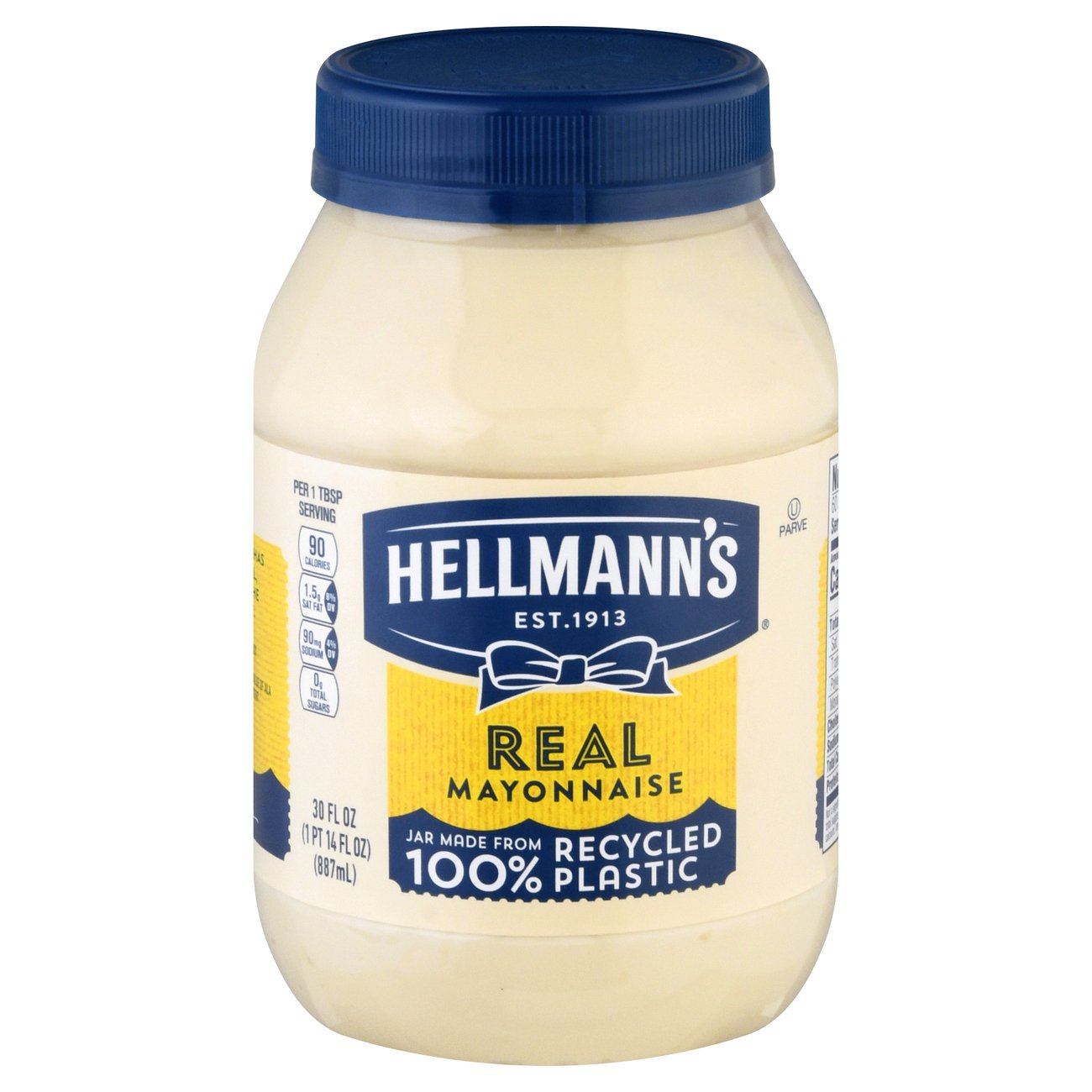- cross-posted to:
- news@lemmy.world
- usa@midwest.social
- usa@lemmy.ml
- cross-posted to:
- news@lemmy.world
- usa@midwest.social
- usa@lemmy.ml
that scholar:

Inshallah he’ll succeed

Political science is so cute when it tries to do quantitative things.
i love how its literally only terrorism that’s considered political violence going into the 2010s, i wonder why that is /s
And they’re not calling all the black people murdered by cops lynchings I bet
1812 is flat despite a war going around in these parts
It’s not violence when the government does it, that’s just sparkling conflict

This is such an iconic picture.
What’s always interesting about these discussions of elite overproduction is they’re never framed as understanding elite management as a social control model rather elite overproduction is framed as a natural expression of needing a certain labor mix that spirals out of control.
Nobody seems to take the 3rd order logic step of saying, if society needs smart people, but hierarchical societies can only aggrandize these individuals with a limited number of positions, and that the creation of members of this class becomes easier as we advance in technology that leads to a couple of “solutions”:
- chase the dragon and make more complex systems that need more elites
- remove the class structure, make elites no better than the janitors/babysitters/seat warmers they really typically are
- Pol Pot
The USSR struggled with this as well in terms of students in the 80’s which thought they were better than kolkhoz. The Jeans Generation was not just a Georgian phenomenon, it was all over the USSR. It’s fairly inarguable that class stratification reemerged in various was in socialist states, just not in the classical capitalist form. It will be interesting to see how China deals with this going forward given that graduating with a Masters Degree is currently a great way to be unemployed.
graduating with a Masters Degree is currently a great way to be unemployed

I think the model he uses is closer to parasitism, the host is the rest of the people. Once there are too many parasites competing for a limited resources, they start fighting each other. They are not necessary, they are not doing any complex tasks, their role is entirely predatory.
First off, Turchin isn’t a Marxist. He accepts Marxist and Marxian ideas though especially when proven through empirical data. He obviously must he’s a sociologist. He’s ambivalent / neutral about Marxism.
His model is summed up as: When excess elites are not absorbed into the existing power structure and are locked out due to lack of space in that power structure, they become aggrieved by their low status and seek alternatives to that power structure in various ways. Since they are elites they have some means whether knowledge, skill or material, thus have the means to destabilize the power structure itself.
This quite literally describes the conditions that made Lenin and much of the intellectual vanguard themselves as they related to the power structure of Tsarist Russia. One of the things that many here do not really focus on is that Lenin and the Bolsheviks weren’t just solving a problem for the proletariat, they were solving a problem for themselves too.
Here’s a good blog putting together the historical info but focusing on the general nobility rather than the Bolsheviks only.
https://novum.substack.com/p/elite-overproduction-a-story-of-russia?s=w
Turchin’s book is called Secular Cycles.
Turchin’s substack is here: https://peterturchin.substack.com/archive?sort=top
He has a fairly interesting series called “A Chronicle of Revolution” that talks about the meta of revolutions themselves and relates it to current/historical happenings.
He uses Volterra predator prey models, he is literally modeling predation.
The model has no assumptions as to wether elites are necessary or not, the conflict is caused by resource competition.
Edit: the other user shared the original peer reviewed article in the post below. It’s the last link.
equation 1 has a term for certain affecting wages
Eq 11 has a term were elite population increases as a function of imiseration
Eq 12 is about the sulprys available per elite.
The main difference with a lotta Volterra model is that predation reduces wages not overall prey population, and that Eq 9 asumes a constant rate of economic growth.
This poster is full of shit, I don’t know why you are up outing him.
The predator prey models are not used in elite over reproduction work. They’re used in his medieval geopolitical work.
Paper: https://escholarship.org/uc/item/82s3p5hj
Explainer: https://www.historica.org/blog/cliodynamics-and-mathematical-models-in-history-part-2
The elite overproduction paper does not use them: https://escholarship.org/uc/item/6qp8x28p
You are correct, the new model is more complex, and is not exactly a lotta Volterra model however, equation eleven in the last paper does show elite growth rate to be proportional to prey population, and later we get the following explanation,
average income begins to be diluted. This happens because the amount of surplus increases less rapidly than elite numbers. It is important to note that declining average income does not mean that incomes of all elite segments are decreasing. On the contrary, as intraelite competition heats up, a few will garner an increasing share of rewards, while large segments of the elites fall further and further behind. Thus, during this period we expect to see top incomes to continue their triumphant march upwards (which is what happened in the US after 1840).
Elite competition is still dependent on the available surplus, the new equations differ from the medieval ones in that it is now rising, and not decreasing.
It’s not Marxist but it’s still a materialist argument.
It doesn’t make the assumptions you made in your original comment, that elites are necessary or that they can be integrated by making society more complex without increasing the relative resources available for them
It doesn’t make the assumptions you made in your original comment, that elites are necessary or that they can be integrated by making society more complex without increasing the relative resources available for them
Elite positions are as necessary as the stability of the social systems under which they’re necessitated. If your argument is that elites are unnecessary then you’d need to explain a viable socio-political model where they do not exist.
We can argue about the elite efficiency, e.g. minimizing to necessary elites. However even the USSR, China, Makhnovshchina, and ELZN have elites. So it’s not like they’re going to go away without a new radical socio-technology that does not exist.
As far as the complexity argument, that’s literally the path that many societies had effectively chosen to stave off elite overproduction issues from coming to a boil. Tsarist Russia for example arguably ran a century and a half by doing makework bullshit for elites (see the linked blog). I never argued that it effectively solved the root causes of elite overproduction simply that it was a solution.
The arguments here can easily be applied to “Pol Pot”, which again is also not something I am advocating, but something I am enumerating.
They are necessary for the model because the model, models class societies, there is no therm in the model were w, or N increase as a function of E. So no, the model does not model the elites as offering any benefit to either wages or the overall population of humans, their role is entirely parasitic, as in they extract value, and cause instability.
that scholar:

“Turchin wrote in the journal Nature in 2010, forecasting a spike in unrest around 2020, driven by economic inequality, ‘elite overproduction’ and rising public debt,”
Turchin has a Capital reading group?
Turchin’s father was Valentin Turchin who was a fairly famous Soviet cyberntician who left the USSR after defending Sakharov, because he didn’t want his science career to plummet in the same way. His life story is literally based in elite over reproduction.
Turchin was at the University of Moscow before his family left the USSR.
I was shitposting but that is actually interesting and useful contextualization, thanks for the info.
Nah, he is on severe grind about elites, kinda toozy vibes, but from “this is our aristocracy, when they fail to renew, we don’t ball”
I mean, reading how he defines elites, it almost seems like he is trying to recreate the definition of labor aristocrats.
(shitpost below) A bunch of laborers given bits of capitalist plunder in order to siphon off revolutionary inclinations? Sounds a tad familiar. We’re gonna have the US revolutionary body call themselves Turchinists.
To me it seems like anarcho-influenced interpretation (e.g. progression of hierarchy->aristocracy->porkies (+their house servants, so like top decile), only observing that not material reality changed, but the top becomes unsupported/overproduced and tips over). Only don’t think i’ve seen other traces of anarchist thought in him, so

I was gonna make a pithy joke about expecting ideological consistency from a neolib at first But to me, it seems to be that dude is trying to rediscover dialectics within neoliberalism as a framework and force it together with whatever ideological components may serve as an explanation. It’s a marriage of convenient ideas as he has seen something at play. I am still behind on theory though and this is the only article I’ve seen from him so I could be wrong.
What does elite overproduction mean? Surplus of educated people?
Yeah, the way it is phrased is a bit odd here but in essence, it seems he is referring to laborers whose labor power demands higher commodity costs due to the cost of production of them as a laborer being higher due to being better educated and trained. Quite literally appears to attempting to reinvent sections of Marxism with the spooky stuff cut out. Hell, even the criticisms levied against him are regurgitated.
In the modern era that’s basically it (because higher education represents the biggest generation of elites), but it’s more general.
Elite in this case is simply the highest caste, class or social strata that enforces some form of power over the lower ones.
Let’s say there’s X amount of elite “positions” (cuz being a King is not a job and this applies to history as well) every year, presidents, senators, bankers, CEO’s, all the way to some upper middle class jobs.
Every year this set of jobs can expand or contract. These positions require (through culture or ability) social elites to fulfill their function, people of privilege, college educated, connected, skilled, etc. Let’s call the amount of elites Y
Elite overproduction essentially is a phenomenon in a country where Y > X and grows Y at a greater rate than X year over year.
In Tsarist Russia for example Y (represented by the nobility) grew at a rate of 2.5 over ~75 years. In that same time X had only grown through fake make work councils which could not subsume all of the elites being produced.
However that’s not all the Y there was, Russia was also growing like the world was and petty bourgoisie were also growing adding to Y.
Historically the conflict between the nobility and the bourgeoisie has been a conflict of the nobility refusing to make de jure space for the bourgeoisie and being de facto evicted from that space. That’s literally the French Revolution.
This isn’t just Marxism rebranded because this applies to socialist countries in history such as the USSR, and currently such as China.
that scholar:

Historical materialism gives you the power of precognition
that scholar:

Some of the opinion pieces in the sidebar while I was reading this:

rimshot
“The three genders, ehyyy!”

that scholar:

that scholar:

that scholar:

That scholar:

That scholar:





















